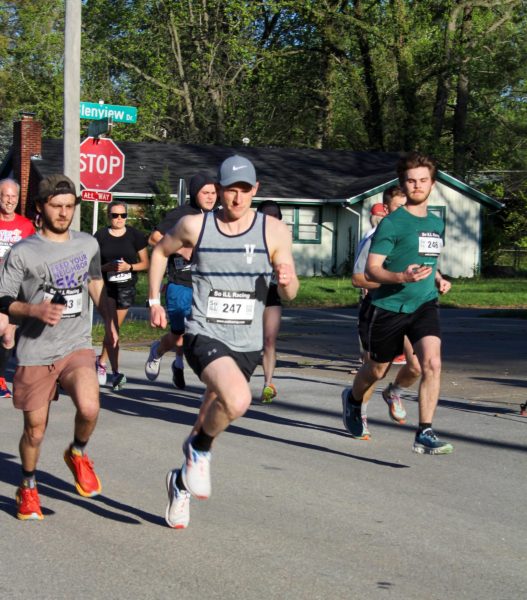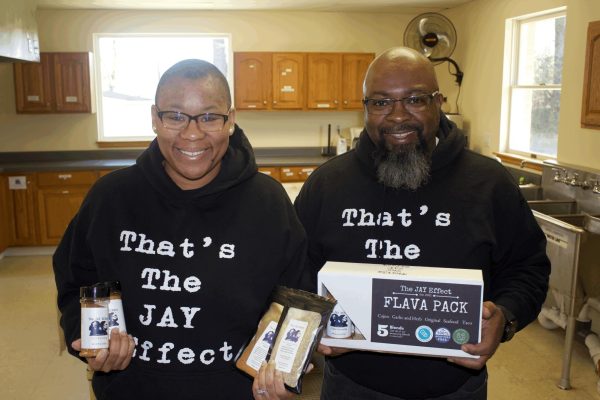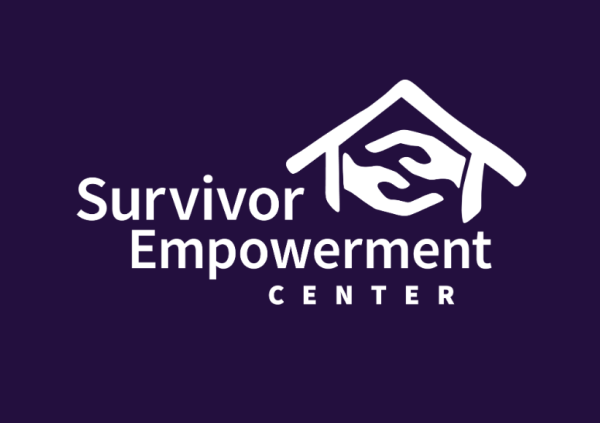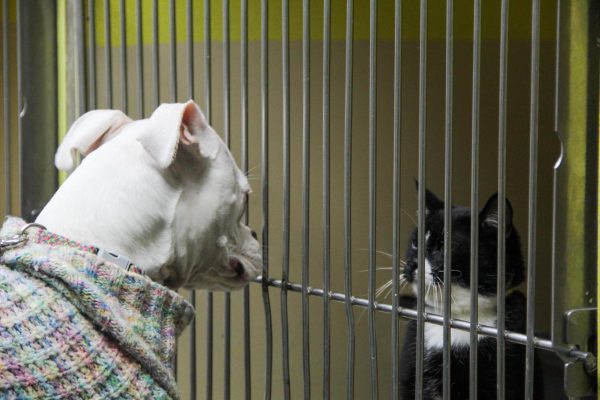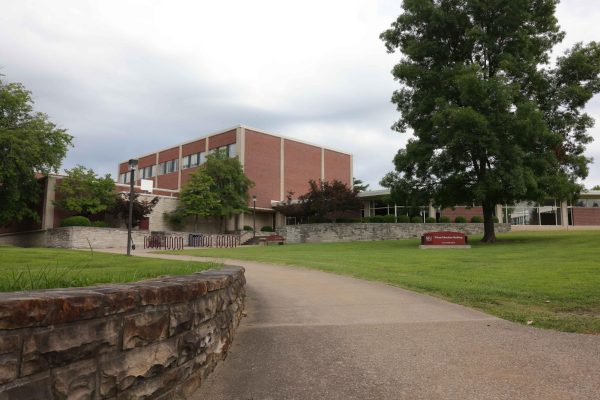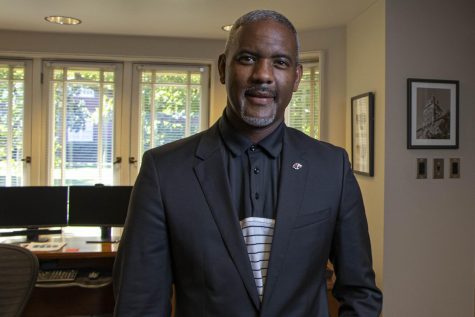Local garden programs providing communities with accessible produce
Women For Change, Dentmon Center and Carbondale Spring are all making an effort to help provide fresh food to communities who need it. By growing their own community gardens and providing classes on how to cook different produce, they are educating people on how they can thrive as a community.
Ginger Rye-Sanders, the president of Women For Change, said they started the Red Hen Garden as a way to allow communities a way to grow and get fresh produce whenever they need it.
“We empower people to let them know that when you have control of your life, you have some power that lies within your hand. If things get really bad, you are able to just go to your garden and eat and take care of your family,” Sanders said.
Advertisement
According to Sanders, people can get a sense of empowerment when they are able to grow their own food to feed themselves and their families.
Sanders said one example of environmental racism is the Koppers site which has poisoned the soil and water on the north east side of Carbondale.
“The way that they process the wood was toxic and dioxin, which was used in Agent Orange and we know from the Vietnam War, creosote and some of the other chemicals that are deadly and cause cancer and really killed off people,” Sanders said. “We have had generations of people that live close to this plant that have died. And we are still in a fight to keep that land from being touched, because we feel that there is no remediation.”
Sanders said the Koppers Site has negatively impacted the north east side of Carbondale because the creosote from the site has contaminated the water and soil, making it impossible for people to grow their own healthy crops or use the water.
Chastity Mays, a worker with the Dentmon Center, said the disconnect between people and their food is so wide that people are not sure what is used on their food.
“They learn that there’s a difference between food that’s grown and sprayed with a bunch of chemicals and food that is grown organically and also helps with their health,” Mays said. “The healthier you eat, the better your health is, so you hit many different areas when you have urban farms in the community.”
According to Mays, having more local gardens like the Dentmon Center will not only help provide more people better access to locally grown food, but will allow people to see what goes into the process of growing fresh fruits and vegetables.
Advertisement*
Mays said community gardens not only show communities how their food is being grown, but provide for people who need food and volunteer opportunities.
“We can teach people how to grow and sell the food which means they are their own boss, they’re being entrepreneurs,” Mays said. “Growing that fresh food, giving it to the kitchen and then cooking it and giving it back to the community, that’s another thing that can happen with urban farms.”
Mays said by providing food, entrepreneur opportunities, and teaching people to grow their own food these gardens are helping make the community better.
Marilyn Tipton, a board member of the Carbondale Food Autonomy, said with the prices of food continuing to increase, more people are having to choose between healthy food and cheap food.
“With the price of everything people have to decide, am I gonna buy meat or am I gonna buy vegetables,’ more than likely they’re gonna buy meat and other things that they need,” Tipton said.
Tipton said the Carbondale Food Autonomy was able to plant 12 new gardens in Carbondale and build multiple chicken coops for people to get fresh food to help give people access to healthy food.
According to Tipton, the northeast side of the soil is so contaminated with creosote that the community is wary of planting anything due to the possibility of being poisoned.
“A few people plant gardens in buckets, but you can’t plant food in a space where you may be contaminating people, you know, we may be getting poisoned,” Tipton said.
Tipton said if the city or Beazer Inc. the company who currently owns the Koppers site, should get the land on the north east side tested, so the community can get moving in the right direction to see what could be done next.
Women for Change, the Dentmon Center, and Carbondale Food Autonomy are all helping to provide the citizens of Carbondale with access to fresh food.
“We empower them and then they’re able to empower their children and so that way we started a generational trend of showing families how to stay empowered when it comes to food,” Sanders said.
Staff reporter Janiyah Gaston can be reached at [email protected] or on Instagram at @janiyah_reports. To stay up to date with all your Southern Illinois news follow the Daily Egyptian on Facebook and Twitter.
Advertisement




